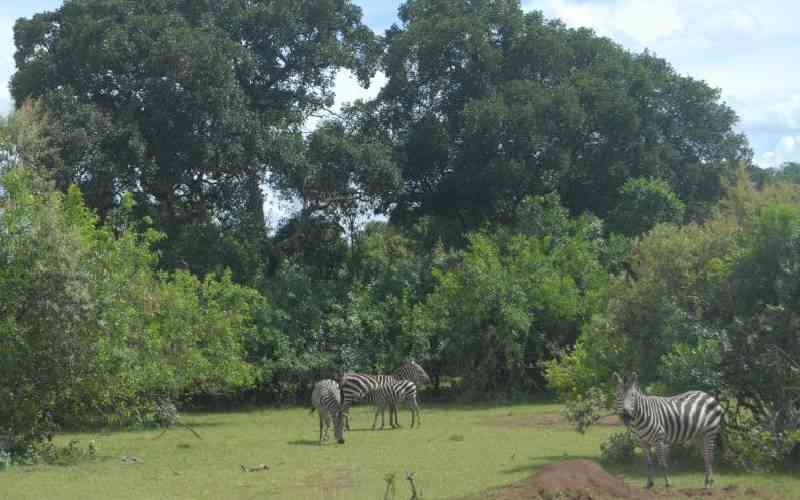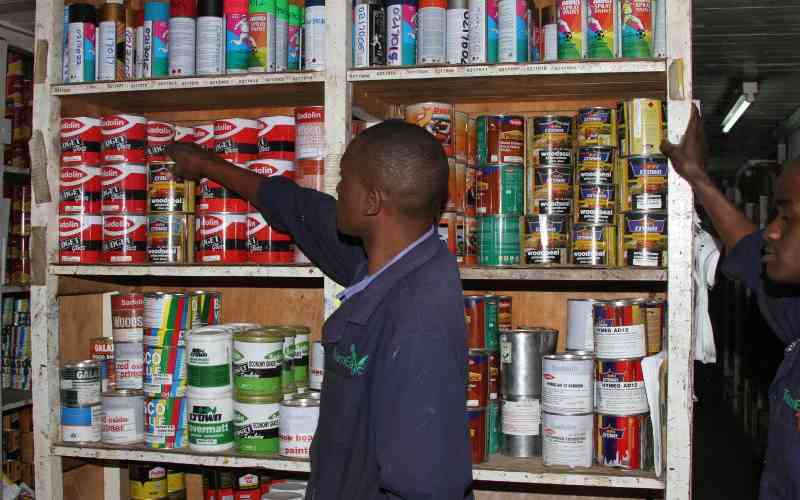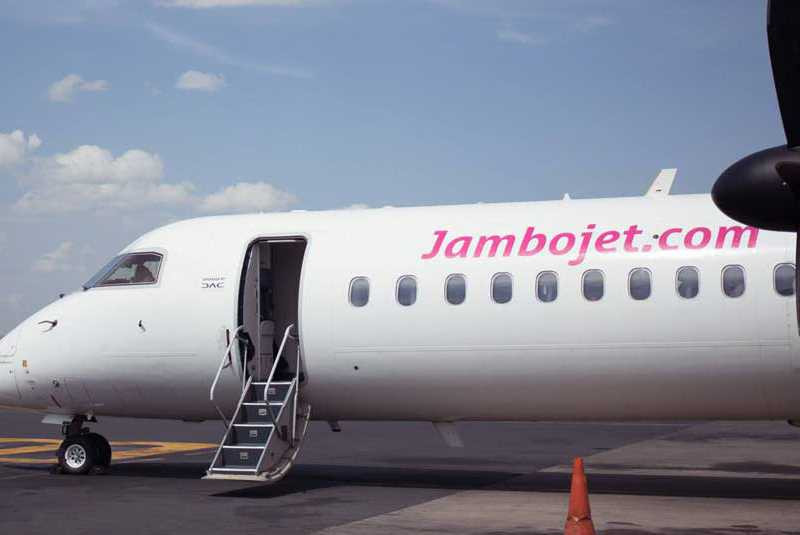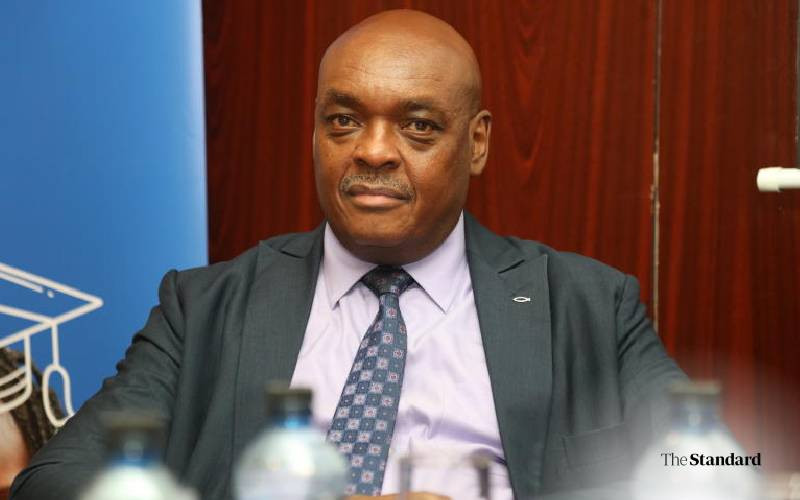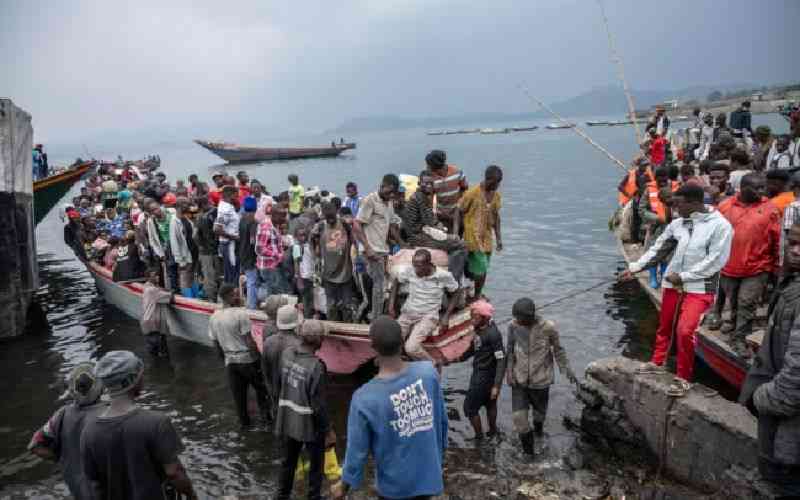
Panic spread in eastern Congo's main city on Thursday, with M23 rebels steadily inching closer to Goma and seizing a nearby town as they battle the Congolese army. Bombs were heard going off in the city's distant outskirts, and hundreds of wounded civilians were brought in to the main hospital from the area of the fighting.
The rebel group has been making significant advances in recent weeks, closing in on Goma, which is home to around 2 million people and a regional hub for security and humanitarian efforts. On Thursday, the rebels took Sake, a town only 27 kilometers (16 miles) from Goma and one of the last main routes into the provincial capital still under government control, according to U.N. Secretary-General Antonio Guterres.
M23 is one of about 100 armed groups that have been vying for a foothold in mineral-rich eastern Congo, along the border with Rwanda, in a decades-long conflict that has created one of the world's largest humanitarian crises.
More than 7 million people have been displaced by the fighting. Earlier this month, the M23 captured the towns of Minova, Katale and Masisi, west of Goma.
"The people of Goma have suffered greatly, like other Congolese," an M23 spokesperson, Lawrence Kanyuka, said on X. "M23 is on its way to liberate them, and they must prepare to welcome this liberation."
The M23 seized Goma in 2012 and controlled it for over a week.
As news of the fighting spread, schools in Goma sent students home Thursday morning.
"We are told that the enemy wants to enter the city. That's why we are told to go home," Hassan Kambale, a 19-year-old high school student, said. "We are constantly waiting for the bombs."
Congo, the United States and U.N. experts accuse Rwanda of backing the M23, mainly composed of ethnic Tutsis who broke away from the Congolese army over a decade ago.
Rwanda's government denies the claim but last year admitted that it has troops and missile systems in eastern Congo to safeguard its security, pointing to a buildup of Congolese forces near the border. U.N. experts estimate there are up to 4,000 Rwandan forces in Congo.
On Wednesday, Congo's minister of communication, Patrick Muyaya, told French broadcaster France 24 that war with Rwanda is an "option to consider."
Late Thursday, Guterres condemned, "in the strongest terms, the renewed offensive launched by the 23 March Movement [M23]," including the "seizure of Sake."
"This offensive has a devastating toll on the civilian population and heightened the risk of a broader regional war," Guterres' statement read. He also urged "all parties to uphold human rights and international humanitarian law."
Earlier in the day, Congolese authorities claimed that the military pushed back an attack from the "Rwandan army" on Sake. The Associated Press was unable to verify if Rwanda's army took part in the offensive.
"The population is in panic. The M23 now control large parts of the town," said Leopold Mwisha, president of civil society of the area of Sake.
Guterres said he was "deeply troubled" by the most recent reports about the "presence of Rwandan troops on Congolese soil and continued support to the M23."
Stay informed. Subscribe to our newsletter
The U.S. Embassy in Congo's capital, Kinshasa, in a notice Thursday warned of "an increase in the severity of armed conflict near Sake" and advised U.S. nationals in North Kivu province, which includes Goma, to be on the alert in case they needed to leave their homes on short notice.
The United Kingdom also issued a travel advisory that said M23 now controls Sake and urged British nationals to leave Goma while roads remained open.
Many Sake residents have joined the more than 178,000 people who have fled the M23 advance in the last two weeks.
The CBCA Ndosho hospital in Goma was stretched to the limit, with hundreds of newly wounded on Thursday.
Thousands escaped the fighting by boat on Wednesday, making their way north across Lake Kivu and spilling out of packed wooden boats in Goma, some with bundles of their belongings strapped around their foreheads.
Neema Matondo said she fled Sake during the night, when the first explosions started to go off. She recounted seeing people around her torn to pieces and killed.
"We escaped, but unfortunately," others did not, Matondo told AP.
Mariam Nasibu, who fled Sake with her three children, was in tears — one of her children lost a leg, blown off in the relentless shelling.
"As I continued to flee, another bomb fell in front of me, hitting my child," she said, crying.
